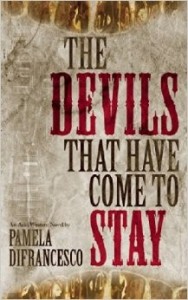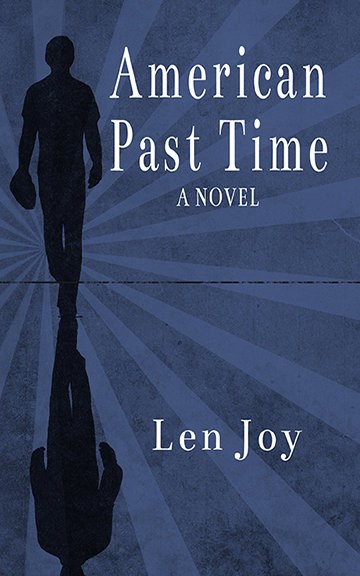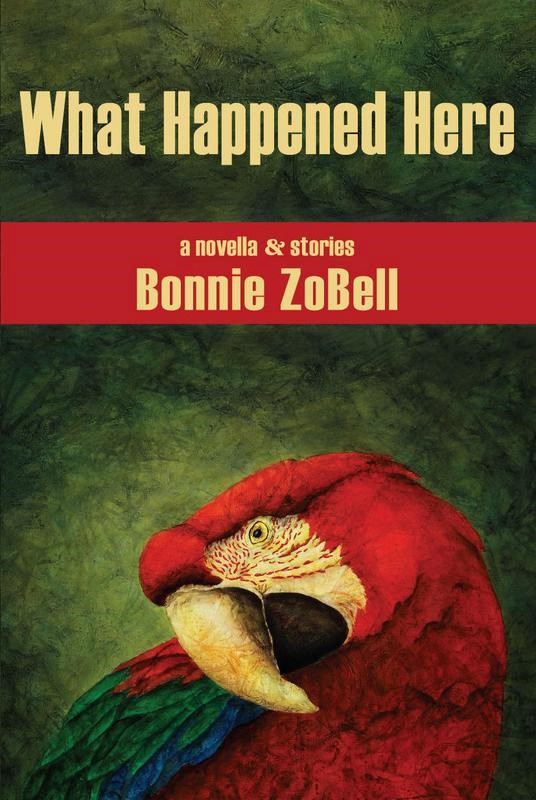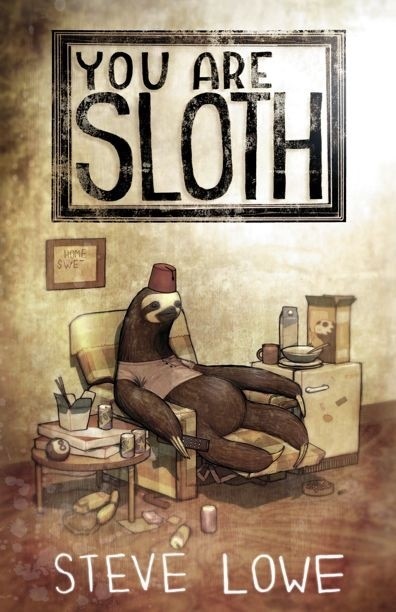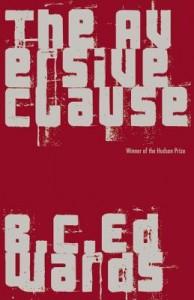304 pages, $14.95
Review by David S. Atkinson
I’m not particularly drawn to westerns, though I will read anything that appears well written, but I was curious when I heard Pamela DiFrancesco’s debut novel (her fiction has appeared in such places as Cezanne’s Carrot, Monkeybicycle, The Carolina Quarterly, and The New Ohio Review so she’s definitely a seasoned writer despite this being a debut) The Devils That Have Come to Stay described as an acid western. What was an acid western? I admit: I was intrigued.
A nameless man tends his saloon and misses his wife, who is off caring for her ailing mother, in the midst of the increasingly sick Gold Rush landscape. A mysterious diseased Indian comes in, and then an equally mysterious gold-toothed stranger looking for the diseased Indian and the gold that the diseased Indian has taken from him. The nameless man decides it is time to rejoin his wife. His wandering through the brutal and often metaphorical western land is The Devils That Have Come to Stay. Continue reading
![[PANK]](https://pankmagazine.com/wp-content/themes/pank/assets/images/pank-logo-large.png)

